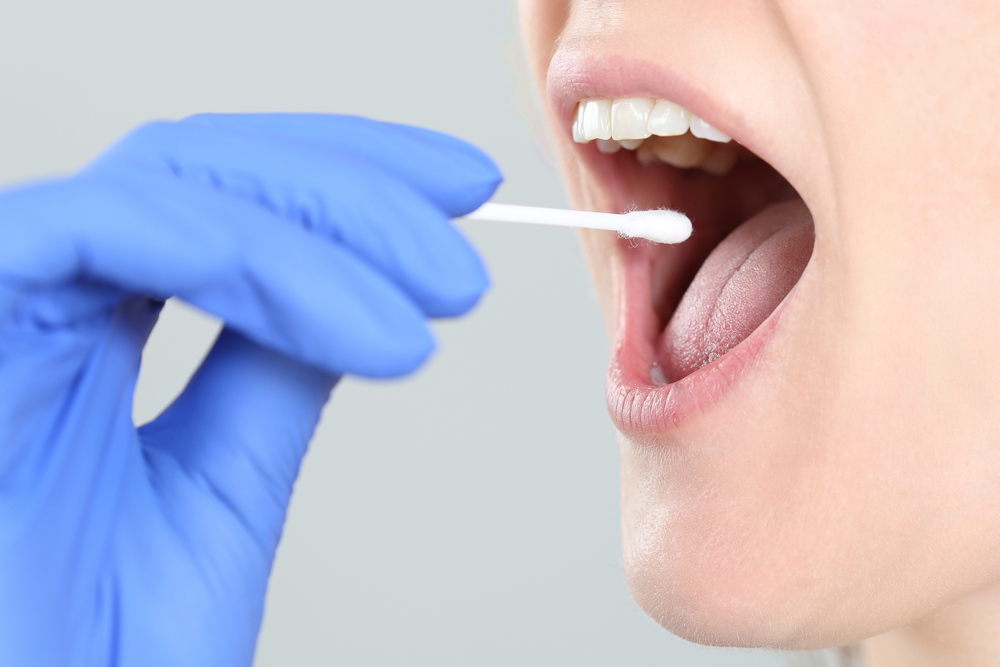
A new saliva-based diagnostic test for Zika virus is being developed by researchers at New York University College of Dentistry, in collaboration with Rheonix, Inc., and allows test results to be delivered in minutes rather than hours or days.
Current Zika testing is conducted using blood samples, but the virus typically disappears from the blood within a week or two of infection. It’s detectable in saliva, semen, and urine for longer, however.
“The recent Zika virus outbreak confirms that we need an effective surveillance and diagnostic program to reduce the impact of future emerging infectious diseases,” Maite Sabalza, a postdoctoral associate at the Department of Basic Science and Craniofacial Biology at NYU Dentistry and the lead author of the study, said.
Current Zika testing requires two steps — one detects the pathogen’s nucleic acids and the other tests for antibodies that the human body produces when those pathogens are present.
Using a method called isothermal amplification, the new test can detect Zika’s nucleic acids in as little as 20 minutes and antibody tests can be completed in under an hour.
“The sooner you can identify a pathogen, the sooner steps can be taken to treat and isolate people,” Daniel Malamud, professor of basic science at NYU Dentistry and a study author, said. “During an epidemic, you could test people before they get on a plane. The future of going through security at the airport may not be taking off your shoes, but instead spitting into a tube.”
The new Zika test was adapted from a model that uses saliva for rapid HIV testing. Researchers altered markers to detect the nucleic acid sequence of ZIka rather than HIV.
“In working towards the goal of quickly making effective diagnostics available, we have developed a generic protocol that can not only be used to test for Zika virus but can be adapted for the next emerging or re-emerging infectious disease,” Sabalza said.




